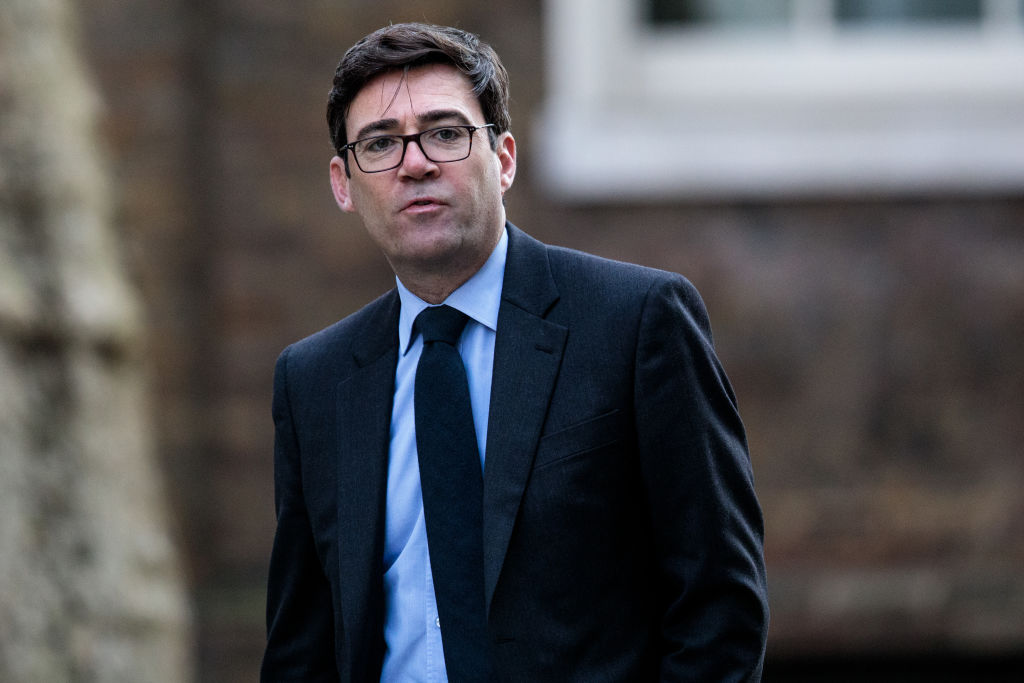On Friday, researchers at the University of Cambridge working with Public Health England estimated that the R number – Covid’s rate of transmission – has risen above 1 in the North West, meaning the virus may be starting to spread in the region. In every other region of England, the study suggested, the R number is either at 1 or below.
In response, Matt Hancock confirmed at the Downing Street press conference that the government’s strategy, if the virus begins to spread in a particular region, is to introduce local lockdowns (although the Health Secretary believes the R number is still below 1 in the North West at this stage). The government thinks that by introducing restrictions in certain areas, most of the country will be able to remain open, while preventing the spread of the virus.
It’s a stance that puts the government on a collision course with local leaders in the North West. Andy Burnham, the mayor of Greater Manchester, has described local lockdowns as a ‘recipe for chaos’, and suggested that the system would be impossible to enforce. It’s hard to see, for example, how the police could prevent residents in one area going to work in a neighbouring local authority, even if they were meant to be on lockdown.
There are also concerns that local lockdowns could unfairly punish deprived areas, particularly in the North, if businesses are forced to close there while the economy begins to flourish elsewhere.
So what would local leaders in the North West prefer? On Friday, Andy Burnham set out his stall for how rising Covid cases could be tackled in the region while avoiding the blunter instrument of local lockdowns. Speaking to Sky News, Burnham argued first of all that the government should halt its easing of lockdown restrictions nationwide until the virus is firmly under control.
But the mayor is also pushing for the government to publish more information about the spread of the virus locally. The mayor believes that if we had more information from the government about the local R number, it would allow regions and local authorities to ‘advise people accordingly’ to protect themselves if the virus begins to spread in their area. As well as convincing people to stay at home, the government could also then give schools the ‘leeway’ to close their doors again if they are in a virus hotspot.
This would arguably allow voluntary local lockdowns to be put in place while avoiding some of the trickier aspects of enforcement. The government may believe though that voluntary local lockdowns will not do enough to prevent transmission.
It may be a difficult dispute to resolve. No region wants to suffer the economic hit of being in lockdown, while the rest of England remains open. Meanwhile the government doesn’t want to have to lockdown the entire county, or risk the virus spreading, every time there’s a flare-up of the virus. Which means we can expect to see this kind of argument play out again and again in the weeks ahead as restrictions are eased.







Comments